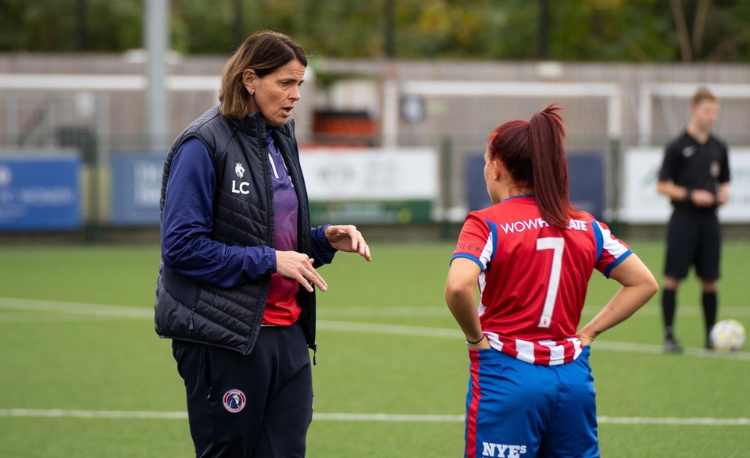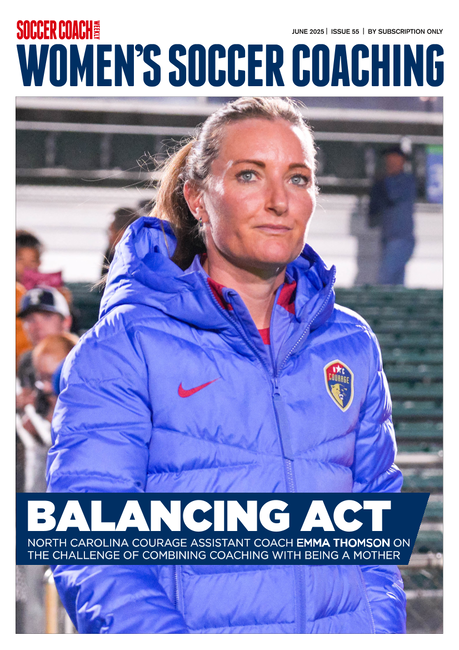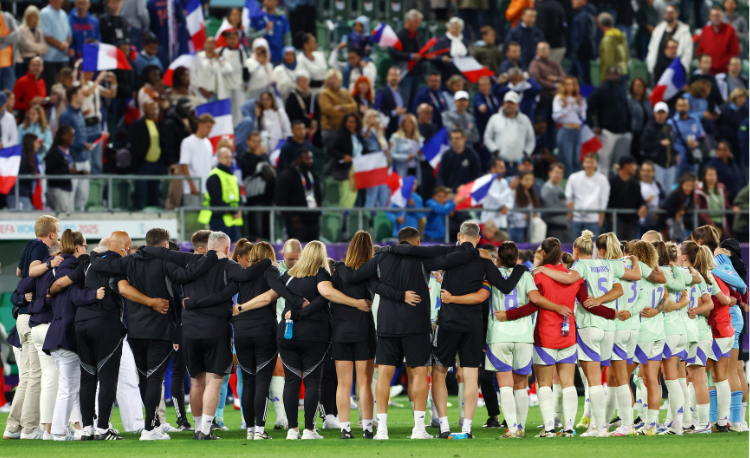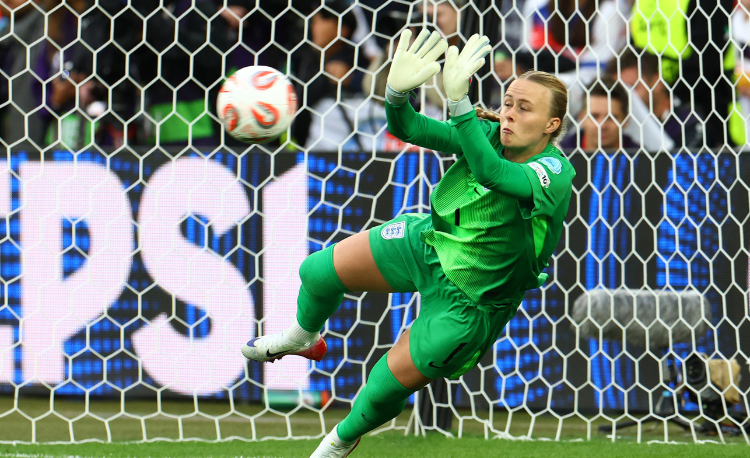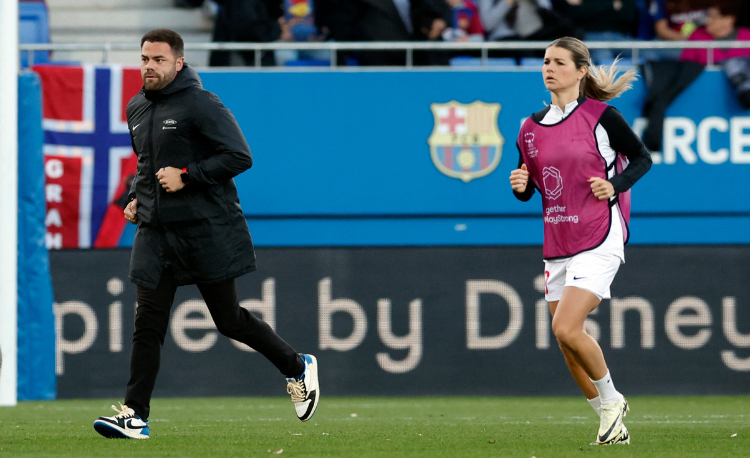How to navigate those difficult conversations
Leaving people out of big games is a tough call, writes Alyssa Iversen – but explaining in clear and honest terms can help players understand your decision.
Coaches often face the challenging task of leaving players out of crucial matches.
These decisions can be emotionally taxing, for both players and coaches. The tail-end of a season, in particular, can produce selection dilemmas for cup finals or league deciders.
How coaches handle conversations with those they omit can significantly impact a player’s development, and the team dynamic.
If you approach these discussions with consideration, sensitivity, honesty and empathy, players will remain engaged, motivated and ready to contribute to the team’s success in the future. It will also help maintain trust and morale within a squad.
Here is how to go about it...
Prepare thoroughly
Before initiating the conversation, ensure you are fully prepared. Reflect on the reasons behind your decision and gather any relevant performance data or observations.
Being prepared allows you to communicate your decision clearly and confidently.
It also shows the player that you have put considerable thought into your decision, which can help them feel respected and valued, despite the disappointment.
Choose the right setting
The environment in which you have the conversation plays a crucial role.
Choose a private, quiet setting, where you can talk without interruptions. This ensures the player feels comfortable and respected and can speak openly.
Avoid discussing sensitive topics in public or during training, as it can cause unnecessary embarrassment for the player.
Have empathy and respect
Acknowledge the player’s feelings and understand that being left out of a big match can be a significant disappointment.
Use positive body language, maintain eye contact and listen actively. Begin the conversation by expressing appreciation for their efforts and contributions to the team, which helps set a positive tone and shows that you value their role in the team.
Be honest and clear
Honesty is crucial. Clearly explain the reasons behind your decision, without sugar-coating or being overly harsh.
Provide specific examples to support your decision and avoid vague statements that can cause confusion or misinterpretation.
Being transparent helps the player understand your perspective and the rationale behind your decision.
Offer constructive feedback
Use the opportunity to provide constructive feedback that can help the player improve.
Highlight their strengths and areas where they have shown progress. Then, offer specific suggestions on how they can enhance their performance and what they need to work on to regain their place.
Constructive feedback helps the player see the conversation as an opportunity for growth, rather than a setback.
Discuss future opportunities
Reassure them that their current situation does not define their future with the team.
Explore opportunities for the player to contribute in upcoming games, and emphasise that you believe in their potential and are committed to helping them develop.
This helps to mitigate the disappointment and keeps the player motivated and focused on their development.
Follow up and provide support
After the conversation, continue to provide support and encouragement to the player.
Monitor their progress, check in regularly to see how they are coping, and offer additional training or mentorship if needed.
This ongoing support shows you are invested in their development and wellbeing, fostering a positive relationship and trust.
Encourage team support
Promote a culture where players support each other, regardless of their playing time.
Encourage team-mates to rally around those who are disappointed, and to focus on collective goals. This helps to maintain a positive team environment and ensures that all players feel valued and included, even when they are not on the field.
Related Files
Newsletter Sign Up
Newsletter Sign Up
Discover the simple way to become a more effective, more successful soccer coach
In a recent survey 89% of subscribers said Women's Soccer Coaching makes them more confident, 91% said Women's Soccer Coaching makes them a more effective coach and 93% said Women's Soccer Coaching makes them more inspired.
*includes 3 coaching manuals
Get Inspired
All the latest techniques and approaches
Women's Soccer Coaching offers proven and easy to use soccer drills, coaching sessions, practice plans, small-sided games, warm-ups, training tips and advice.
We've been at the cutting edge of soccer coaching since we launched Soccer Coach Weekly in 2007, creating resources for the grassroots youth coach, following best practice from around the world and insights from the professional game.
